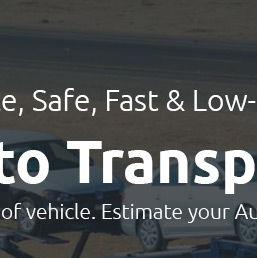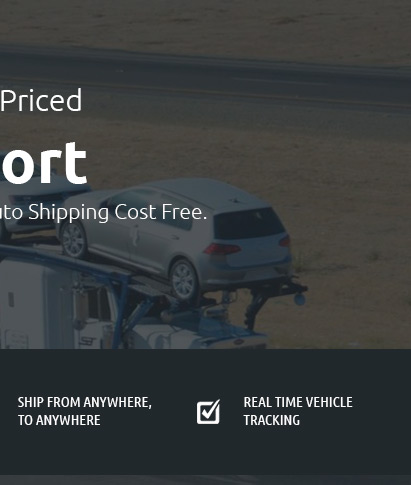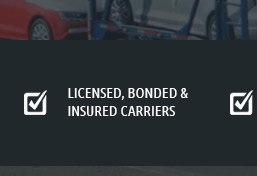 |
|
||||
 |
 |
 |
 |
||
 |
 |
|||||
 |
 |
 |
 |
 |
 |
 |
||
 |
 |
 |
 |
 |
 |
 |
 |
 |
 |
 |
|
 |
The Complete Beginner's Guide to Shipping a Car State to StateShipping a car from one state to another can seem like a daunting task, but with the right information and preparation, it can be a seamless experience. Understanding the costs involved is crucial for budgeting and ensuring a smooth transition of your vehicle. In this guide, we will explore the various factors that influence the cost of shipping a car across state lines, providing you with a comprehensive overview to make an informed decision. First and foremost, it's important to recognize that the cost of shipping a car is not a one-size-fits-all scenario. Several key factors contribute to the overall price, and being aware of these can help you better anticipate the expenses involved. One of the primary considerations is distance. Naturally, the farther you need to transport your vehicle, the higher the cost will be. This is largely due to fuel costs and the time commitment required from the transport company. Another critical factor is the type of vehicle you are shipping. Larger vehicles, such as SUVs and trucks, often incur higher shipping costs due to their size and weight. In contrast, smaller cars may be less expensive to transport. Additionally, the condition of the vehicle plays a role; operable vehicles are typically cheaper to ship than non-operable ones, as they can be driven onto the carrier. Timing also impacts the cost. If you're planning to ship your car during peak seasons, such as summer or around the holidays, be prepared for potentially higher prices due to increased demand. Conversely, shipping during off-peak times might offer some cost savings. Moreover, the shipping method you choose-open or enclosed transport-can affect the price. While open transport is more common and generally cheaper, enclosed transport provides extra protection, which might be worth the additional cost if you're shipping a luxury or classic car. When considering how much to ship a car state to state, it’s wise to gather quotes from multiple transport companies. This not only allows you to compare prices but also helps you assess the reputation and reliability of the service providers. Look for companies with positive reviews and appropriate licensing and insurance. Remember, the lowest price may not always equate to the best service, so balance cost with quality. Lastly, there are additional costs to consider, such as insurance coverage for your vehicle during transport. While most reputable car shipping companies include basic insurance, it's advisable to verify the extent of coverage and determine if additional insurance is necessary for peace of mind. In conclusion, the cost of shipping a car state to state varies based on multiple factors, including distance, vehicle type, timing, and shipping method. By understanding these variables and taking the time to research and compare options, you can ensure a smooth and cost-effective car shipping experience. https://citizenshipper.com/blog/cost-to-ship-a-car-to-another-state/
The cost varies depending on factors like distance, transport type, season, car size, and additional services. Open transport typically ranges ... https://citizenshipper.com/blog/how-much-to-ship-a-car/
On average, the cost of shipping a car out of state ranges from $600 to $1,000 for open transport and $1,500 to $3,000 for enclosed transport, ... https://eshiptransport.com/sp_faq/how-much-does-it-cost-to-transport-a-car-to-another-state/
On average, you should expect to pay anywhere between $500-$2,500 for open auto transport services and up to $6,000 for enclosed trailer shipping services.
|
